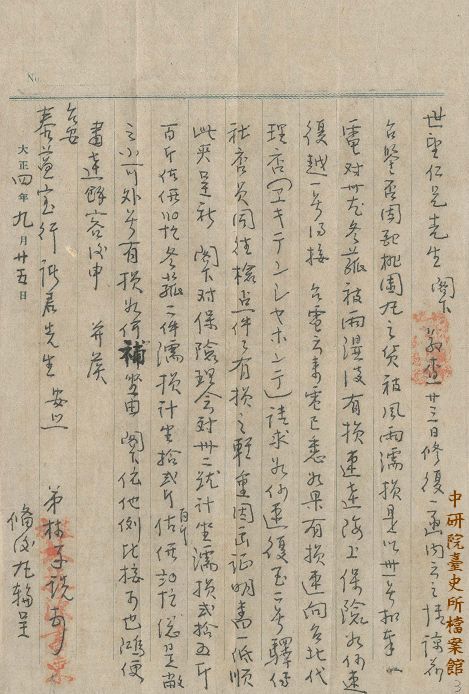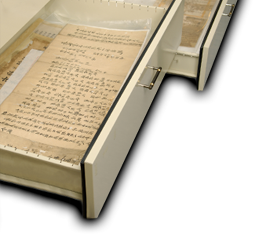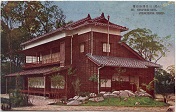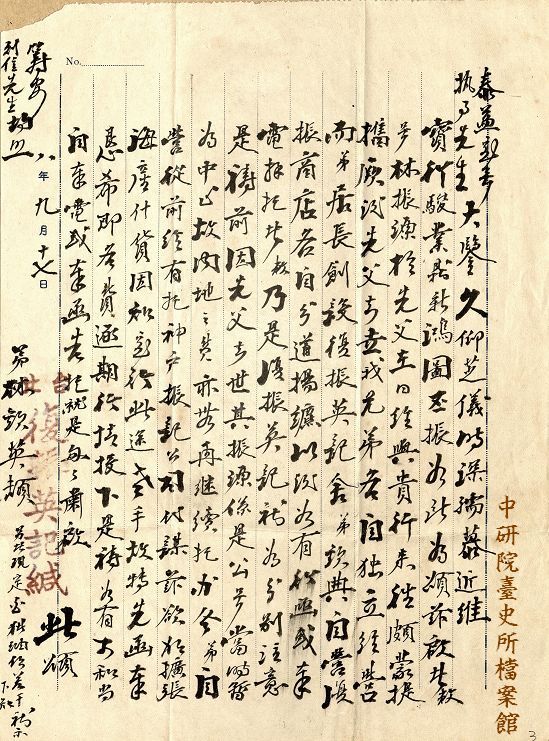|
Lin-fu-zhen Store was established by pioneering figures Lin You-zao and his family on Dihua Street in Dadaocheng. The Lin family migrated to Taiwan from Tongan, Quanzhou in Daoguang period of the Qing dynasty. They then ran business in Monga area. In 1853, Lin You-zao, who belonged to Tongan faction of guild merchants, led his people to move to Dadaocheng, which was still underdeveloped at the time, after they lost the battle with Sanyi guild merchants. There they established three stores named Fu-zhen, Fu-yuan, and Fu-xing. Lin You-zao had been to Hong Kong, Fujian, and Xiamen to create business opportunities and organized Jin-tong-shun, Xia Guild, which mainly conducted business with Xiamen. He then united Jin-jin-shun, a trader organization mainly conducted business with Quanzhou, and Jin-wan-li, a trader organization mainly conducted business with the area in Northern China, doing business together and serving as the leader of these three trader unions. In the Japanese colonial period, Lin You-zao’s business was passed on to the next generation. With many of the next generation changing jobs or moving elsewhere, Lin-fu-zhen Store is the only shop that still operates now.  Figure 1: The letter sent form Lin-zhen-yuan Store to Tai-yi-hou on November 2, 1915. Lin Zi-shen passed away in Showa period. His sons Lin Qin-ying and Lin Qin-dian separately established their own business, Fu-zhen Ying Store and Fu-zhen Store. When Lin Qin-ying was in charge of Fu-zhen Ying Store, he still maintained business relationship with Tai-yi-hou. For instance, Lin Qin-ying contacted Tai-yi-hou in 1933, telling them that Lin-zhen-yuan Store was separated into two shops and sincerely asking Tai-yi-hou to regularly provide them with the market price of marine products. (see Figure 2)
Figure 2: The letter sent form Fu-zhen Ying Store to Tai-yi-hou on September 17, 1933. As for the Lin-fu-zhen Store which locates on Dihua Street now, it was inherited from Lin Qin-dian. The main business of the store is selling groceries. In the 1980s, the store has become the first agent of Akai Bohshi, a bride cake brand from Japan. They also kept the old store name “Lin Zhen-yuan” which was operated by their ancestors in the Japanese colonial period and established subsidiary Lin Zhen-yuan Co., Ltd. managing the business of bride cakes.
|
 |




